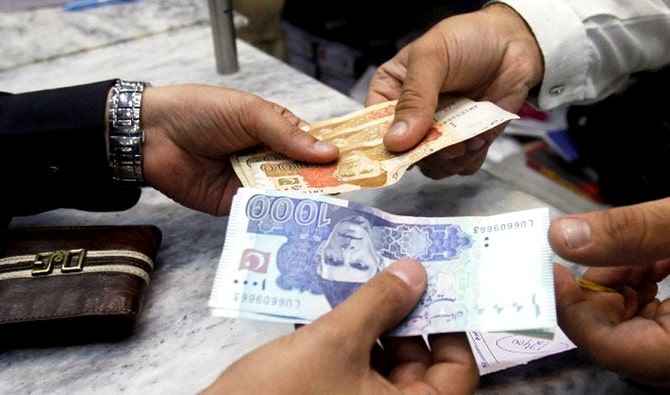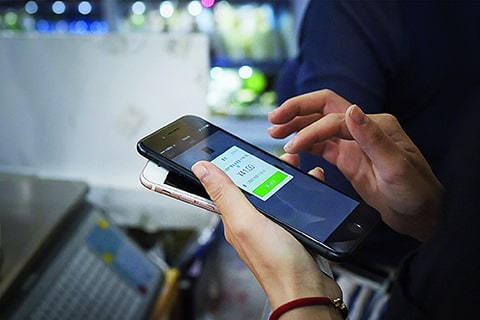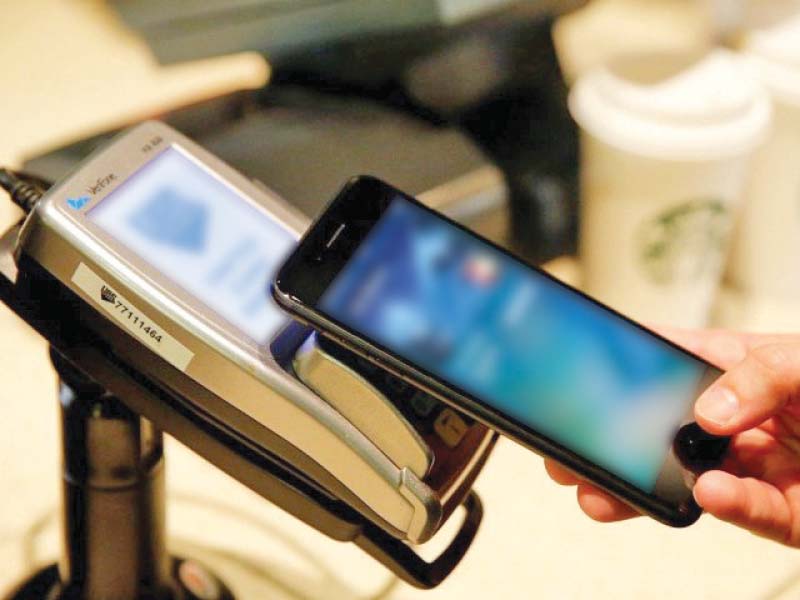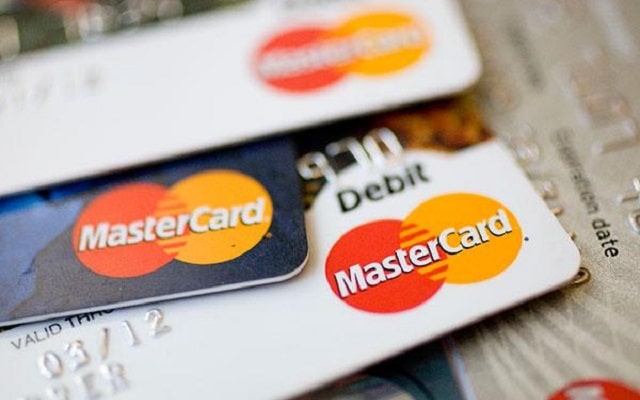As Pakistan is progressing into the digital world, the process of payments and exchange of money also needs to be quick and hassle-free. While the rest of the world has completely shifted the digital paradigm, Pakistan is way behind in terms of technology. To boost cashless technology in Pakistan, here are 4 reasons that can evolve the course of digital payment in the coming years.
1. Tangible notes are disease carriers!
How many times a person in Pakistan on average exchange cash in a day? How many diseases does these currency notes carry when they reach to you? It is high time when the payment system of this country should move to mobile payment services.
A recent study published in The Journal of Hospital Infection shows that the exchange of cash is one of the several ways that person-to-person transmission of viruses can occur and can stay on cash for up to nine days. You could then become infected with the virus if you touch your mouth, nose or eyes with the infected hands.



Arab News PK
Also read: Hong Kong Based ‘Infinix’ To Start Manufacturing In Pakistan Soon!
According to research published in Medscape, Paper Money and Coins as potential vectors of transmissible disease. Paper currency and coins may be a public health risk when associated with the simultaneous handling of food leading to nosocomial infections. Banknotes recovered from hospitals may be highly contaminated by Staphylococcus aureus.
An April 2017 study in PLOS ONE found over 100 different strains of bacteria on dollar bills circulating around New York City. They found hundreds of species of microorganisms. The most abundant were ones that cause acne, as well as plenty of harmless skin bacteria.
The world is already fighting with many diseases and with new diseases and viruses emerging around the world. Similarly, Pakistan is already fighting with several life-threatening diseases, one of the reasons is the exchange of cash.
2. Multifunctionality!
The new payment solutions are coming up with a multifunctional application. The app that provides the user to make payments of any type and link their all bank accounts with it making it safer and easier to manage their transfers and payments.



SAMAA
We have seen that the world is going a step ahead by offering multiple options in one app. The use of smartphones has increased over the years in Pakistan and now many consumers are using multiple apps to make their payments. Certainly, they can go anywhere and use this card-free payment tool through a created app that offers the following options:
- Bank account opening.
- Funds transfer within the specified application.
- Transferring money into the bank account.
- Funds transfer to CNIC.
- Cash withdrawal.
- Merchant payments.
- Utility bill payments.
- Mobile top-up purchases.
- Postpaid mobile bill payments.
- Broadband bill payments.
- Zakat and donations.
- Educational fee payments.
- QR payments.
- Link and view multiple bank accounts at a glance.
3. Purchase protection!
When buying goods from a small scale business, whether in person or online, the customer needs to build trust in between. No matter how much a business communicates its return, exchange, and customer satisfaction policies, some people still hesitate.



The Express Tribune
Well, online payments can overcome this hurdle. At the time of online payment using a credit card, it guarantees the lowest price for a stated number of days, extends manufacturer warranties, and offers a cardholder the right to dispute a purchase. For example, regardless of the merchant’s policy, the customer has peace of mind that their money will be protected and can be returned immediately if they found any dispute.
Check out: Technology and Innovations: The Untold Story of Entrepreneurship
4. Eliminating geographical boundaries!
Pakistan has been named among the best holiday destinations in 2020, this means more tourists are to visit Pakistan this year and years to come on.
When a person travels to a different country or continent, they have to get the currency exchange and rely on what’s in their wallet. They may even use a different credit card than the regular one.



PhoneWorld
Many payment processors equip businesses to accept a range of different currencies, automatically calculate the proper exchange rate based on the type of currency. It even adapts the language and information prompted in checkout forms to accommodate the different languages buyers might speak, based on the currency used.
What do you think of the story? Tell us in the comments section below!















